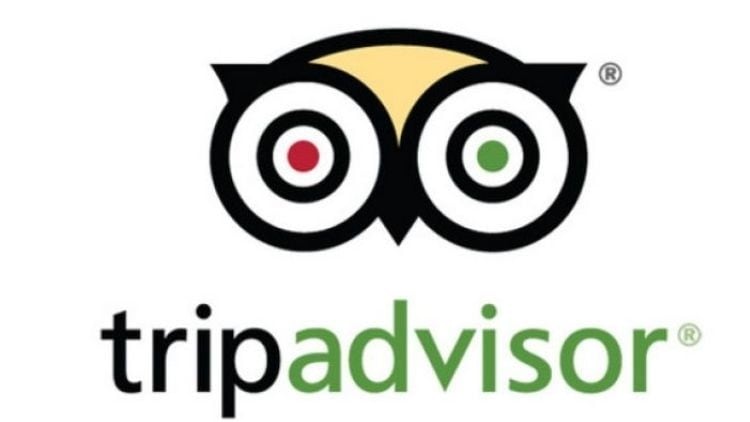The restaurant sector has seen a spike in negative reviews around food quality, rising from 8% to 18% over the past seven months.
And, Mike Shaw – head chef at the White Hart at Lydgate, Greater Manchester – has argued that the freedom for customers to hide behind an anonymous name could have a lot to answer for.
Fake names
Shaw explained: “With TripAdvisor, you can hide behind a fake name. It’s anonymous. If you want to complain on TripAdvisor, then fine, but don’t be unnamed. Be up front. Be Mike Shaw. Be whoever.”
The research, conducted by Feed It Back, revealed food quality is now the leading reason for negative feedback in the sector, overtaking speed of service, which now accounts for 17% of negative reviews.
Shaw added customers who are relying on online platforms to anonymously complain cancels the opportunity for a pub to fix the perceived problem.
“Give us the opportunity to put right what was wrong. What more can you do?”
Soften the blow
He continued: “That's the way it used to be. But nowadays, people come in, they have dinner, they have lunch, and they go home.
“Then, before long, there's something on TripAdvisor.
“If we perhaps get it wrong, we want to be able to soften the blow and offer some sort of compensation.”
But Shaw argued this becomes difficult when reviews are left anonymously, or it is not dealt with at the time of the meal.
The data also revealed that almost a quarter (21%) of negative reviews in September 2019 were related to wait times.
Negative feedback around speed of service fell by four percentage points since February, now accounting for 17% of all negative reviews in the sector.
Customer is king
Shaw said: “We're fortunate, we're a strong business, but with independent, smaller pubs, some consumers are unaware of how crippling it can be on their business.
“They don’t understand the damage a complaint can have.”
But Shaw feels dealing with complaints and nurturing the customers is key.
“We had customers who came in once and had a bad experience.
“So, we invited them back and, because of the way we looked after them, they are now regular customers. The customer is king.”
Living in reality
Stephen Harris, head chef and owner of the Sportsman in Seasalter, Kent, said: “It’s unhealthy to focus on negative reviews. We concentrate on the service and make sure it’s as good as possible. The fact that most people book again is enough for us.”
There has also been a rise in complaints around value for money, up from 9% to 12%.
Feed It Back said this corresponds to the latest data from Barclaycard that showed overall consumer confidence remains low as they are more wary about spending with the increased uncertainty in the run-up to Brexit.
Harris continued: “If I was starting out and I had a new business, I would care about every comment, but you do gain perspective after 20 years.
“We don't seek to read reviews. Over 20 years, I try and live in the reality of the restaurant than the world of online reviews.”
Acknowledge the complaint
Meanwhile, pubs should ensure they reply to all reviews they receive, regardless of whether they are positive or negative, one expert has told The Morning Advertiser.
Director of business reviews company Pramaze, Ian Shapiro, said: “Every review needs to be responded to, whether good, bad or indifferent. With the negative ones, you should state the facts, stay professional and try to take it offline.”
Shaw explained they have someone who manages TripAdvisor, so whether a review is good or bad, they now respond to those reviews in the correct manner.
Shapiro continued: “Give them a way to contact you personally by phone or email and get them to ask for the manager by name, if possible.
“The last thing you want is a rant from both sides. If you act professionally, customers will see that.”




